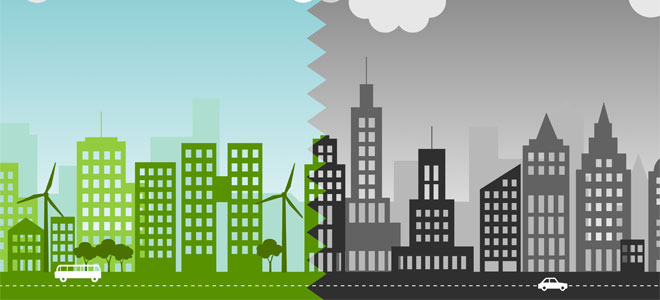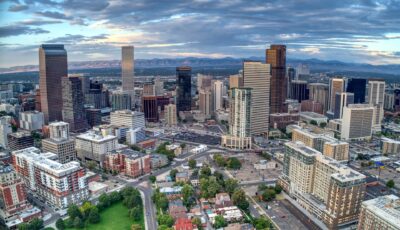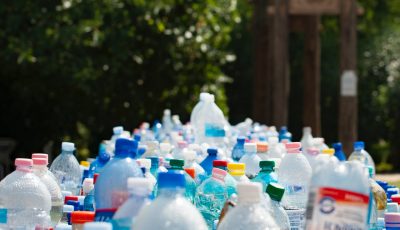Humans may learn to survive climate change
By Alex Kirby
LONDON, 13 March, 2017 – Climate science faces a challenge to become more effective by thinking harder about the human ability to change, researchers say. Our descendants are likely to be better able to adapt to a warmer world, and climatologists need to acknowledge this.
The researchers at the International Institute for Applied Systems Analysis (IIASA) in Laxenburg, Austria, urge scientists to focus more clearly in their assessments of future human vulnerability on how societies are changing − and they say the way to do this is already well-known.
They report in Nature Climate Change journal that research has provided a range of scenarios showing how climate change will affect global temperatures, water resources, agriculture, and many other areas.
But it is still unclear how all these possible changes could affect future human wellbeing. In particular, the population of the future – its make-up, distribution, and characteristics – will not be the same as today’s.
Climate change impacts
That means that assessing likely impacts of climate change by relating future changes to the abilities of people alive today can be misleading.
Wolfgang Lutz, director of IIASA’s World Population Programme (POP), says climate research should explicitly consider forecasting future generations’ capacities to adapt to a changing climate if we are to understand how it may affect them.
Professor Lutz and his co-author, Dr Raya Muttarak, a POP research scholar, say the tools to do this are available and well-established.
“With more educated younger generations
replacing the older ones, we may anticipate
a society with higher adaptive capacity”
The IIASA’s global population and human capital scenarios up to the year 2100 already include not just the number of people likely to be living then, but also their distribution by age, sex, and education level.
These scenarios form the human core of the shared socioeconomic pathways that are widely used in research related to climate change.
They suggest − using other research by IIASA and the Vienna Institute of Demography − that a conceptual model exists that can account for the changing characteristics of populations through the replacement of generations. It is called demographic metabolism.
“Just like cells turn over in a body, the individuals in a population are constantly replaced,” Dr Muttarak says. “The people of today differ in many ways from their parents and grandparents, and we will also be different from future generations.
Environmental awareness
“We differ in education levels, in health, environmental awareness, and many other factors – and what our research has shown is that these factors directly affect our vulnerability to natural disasters or changes in our environment.”
She says that, like education, some characteristics people acquire early in life remain with them for their whole lives − a theme that informs the work of the UN Office for Disaster Risk Reduction.
Research by IIASA’s World Population Programme has shown that education in particular influences how vulnerable people are to natural disasters such as floods and storms, which are expected to increase as a result of climate change.
“Therefore, with more educated younger generations replacing the older ones through the demographic metabolism process, we may anticipate a society with higher adaptive capacity in the future,” Dr Muttarak says. – Climate News Network








